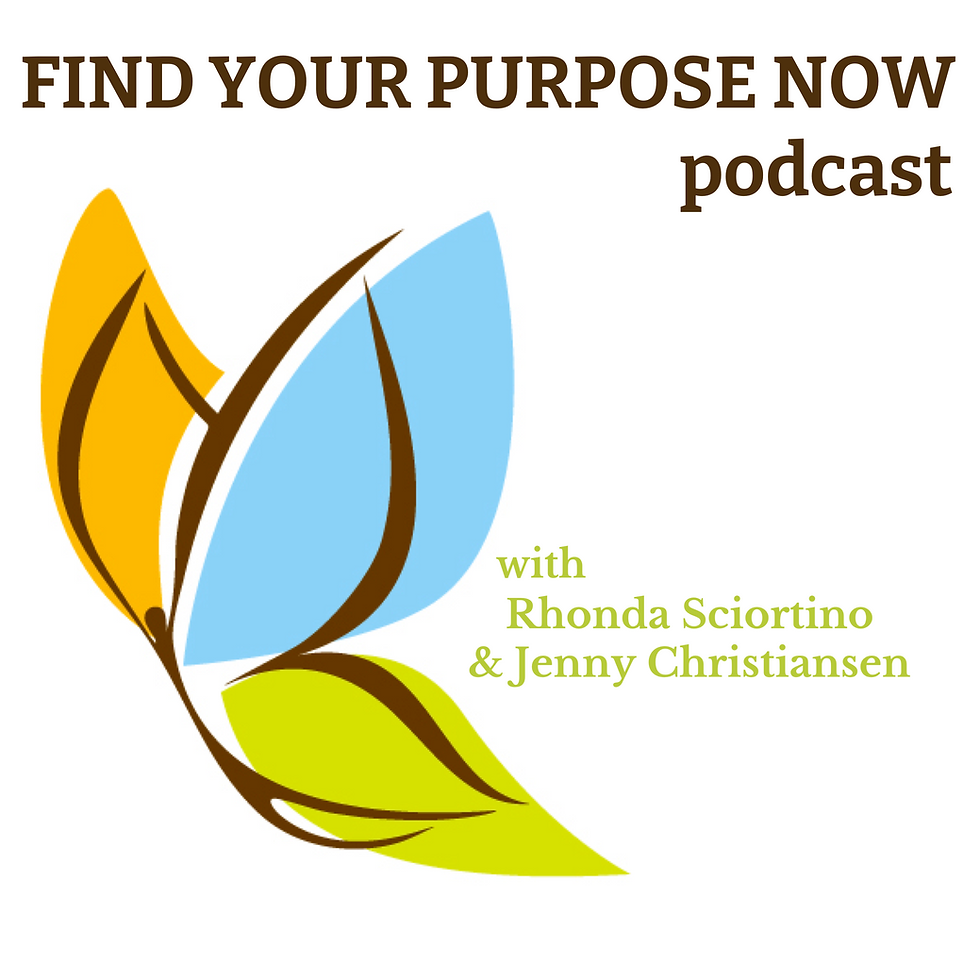Open Letter To All Survivors Of Trauma
- RHONDA SCIORTINO
- Apr 7, 2022
- 3 min read
Updated: May 30, 2022
There are literally millions of us who have experienced trauma. We're everywhere*. Some of us are keenly aware of the trauma we've survived, while others have never stopped long enough to acknowledge that the tough times they've lived through were actually traumatic.
There is an enormous difference between being a survivor and being a successful survivor. Both have been victims, but successful survivors choose to see ourselves as strong, resilient, resourceful people who get up and press through whether we feel like it or not. We show up and smile when it’s the last thing we feel like doing. We give our best even when we feel like we have nothing left to give.
Successful survivors know that victims are often repeatedly victimized while survivors continue to survive no matter what happens--in fact, we don't just survive, we thrive. We learn more and grow stronger with every adversity we make it through.

Successful survivors connect on a deeper level. When we meet other survivors of trauma for the first time, it’s like we’ve known each other for years. We understand each other. It doesn’t matter that the source or time of our trauma was different, the feelings are the same. We care and we get it because we’ve felt real pain.
Successful survivors are the most faithful friends because we know how it feels to be hurt by people who we thought cared about us, and we would never want to be the cause of pain for others. We are dependable because others have let us down, and we would never intentionally do that to anyone.
We are courageous, brave and bold. We feel fear, but it doesn’t stop us. We are tenacious and determined. We keep trying, and we don’t give up easily. As a result, we make things happen.
Successful survivors adapt to different personalities and environments without judgment. We have been devalued, so we never intentionally do that to anyone. Even when we strongly disagree, we respect the rights and opinions of others.
We have a kind of empathy that is acquired through pain. We can tell when others are suffering, and we try to alleviate it. We shift effortlessly into “helping mode" without stopping to count the cost. We have to be careful not to fall into “people pleasing mode,” because we have a deep desire to belong, and to be valued and loved. Don’t take advantage of us. We have the capacity to forgive while simultaneously ending the relationship to protect ourselves.
Yes, we’ve been broken, but we refuse to be defined by the worst events of our lives. Our brokenness opened us to a depth of love and connectedness that cannot be attained on a superficial level. To be in relationship with us, is to be in authentic affinity that requires no explanation.
Successful survivors know our worth and value. We’ve come a long way. We were once victimized by others when we were too vulnerable to prevent it, but we’re not victims anymore. The shame and timidity we once felt has been replaced with a quiet confidence. We carry ourselves differently. We speak differently. We’ve mined the lessons out of everything we’ve been through, and we use what we've learned to educate, encoruage and empower others to see the greatness within themselves.
We are an indomitable force.
If you're a survivor of trauma, I would love to hear your thoughts on what it means to be a successful survivor. Comment on this blog post or contact me here. If you want to inspire others, post a high resolution photo with what being a successful survivors means to you to https://www.facebook.com/successfulsurvivorsfoundation.
*According to the National Center for PTSD, about 6 of every 10 men (or 60%) and 5 of every 10 women (or 50%) experience at least one trauma in their lives.

You’ve got one job in this life! It’s to find and fulfill the purpose for which you were born and perfectly matched. This podcast is to help you find and fulfill your purpose and to enjoy the real success that accompanies it. Subscribe now and share this with a friend. Listen at www.rhonda.org/podcast or wherever you get good podcasts.

Comments